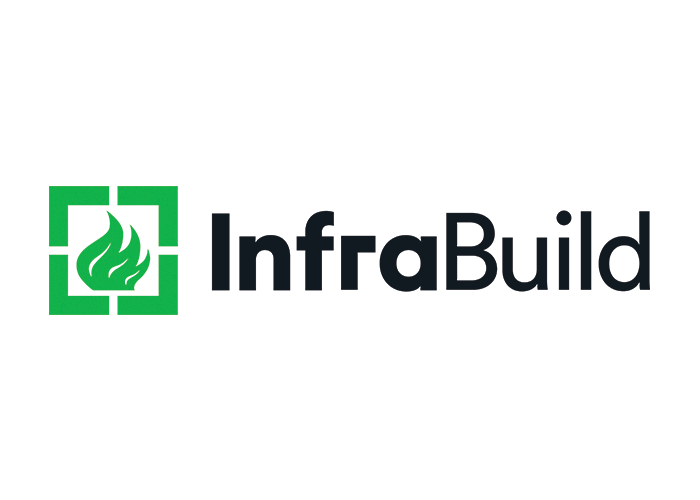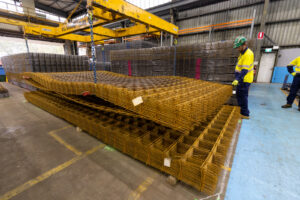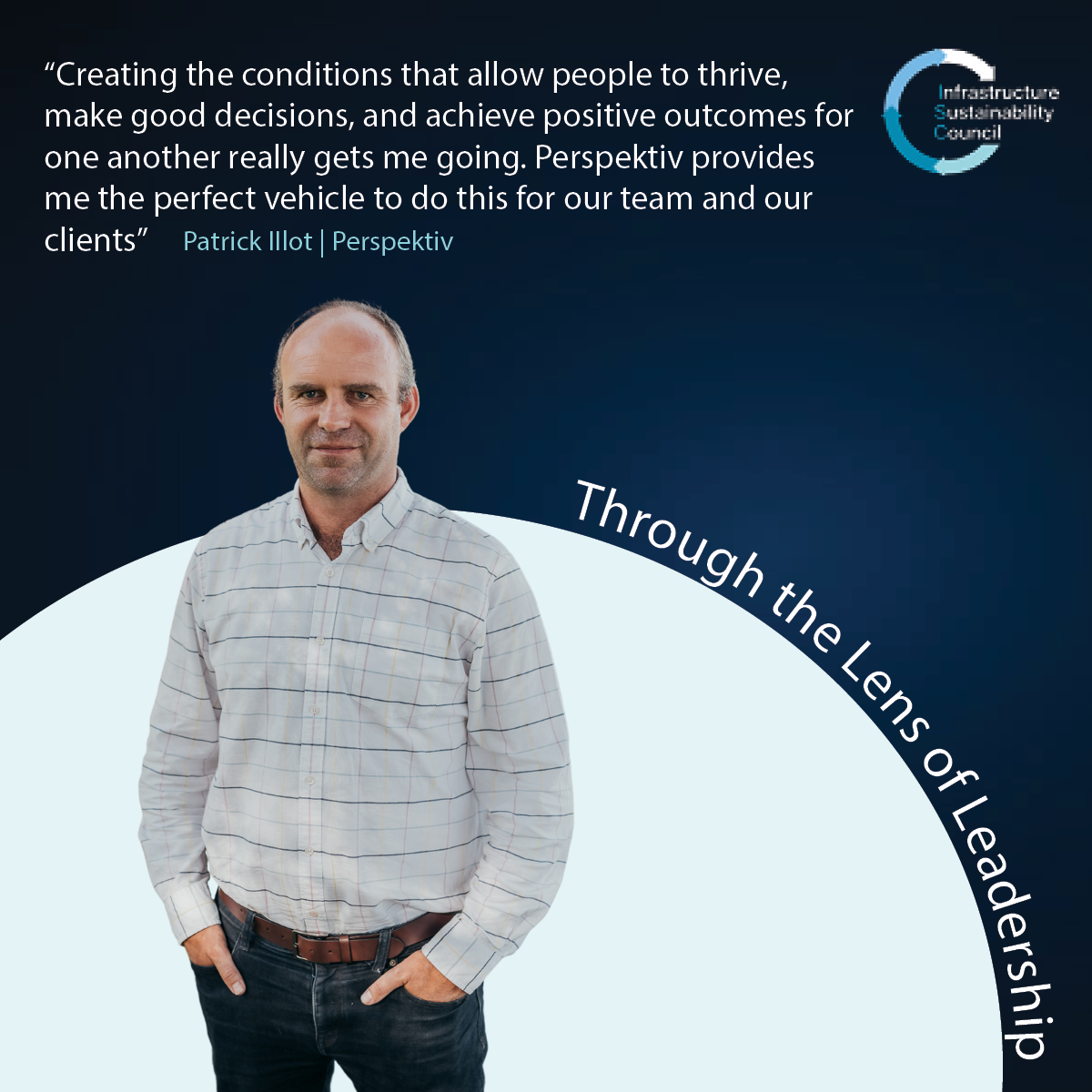Infrastructure supporting a better future for all
In the lead up to the 2023-24 Australian Federal Budget, why unlocking the social value of the nation’s infrastructure investment is key to creating a better future for all
WSP and ISC acknowledge that every project we work on takes place on First Peoples lands. We recognise Aboriginal and Torres Strait Islander Peoples as the first scientists and engineers and pay our respects to Elders past and present.
Modern, resilient infrastructure is vital to the success of Australia’s economy.

From transport networks to energy, water and telecommunications systems as well as health, education, public administration, housing and justice facilities – the critical infrastructure in our communities enables our country’s economic growth, fiscal prosperity and society’s quality of life.
As our economy emerges from COVID19 related shifts and against a backdrop of rising interest rates, cost of living pressures and geopolitical tensions, the importance of delivering social value from our infrastructure investment has never been greater.
Both Federal and State governments are continuing to increase their focus in this area. The National Cabinet met in April 2023 to agree A Better Future for the Federation, a national and state approach to a range of priorities that require holistic investment and planning for a thriving country.
The Australian Treasury is weaving wellbeing and social value into the Federal Budget in a ‘Measuring What Matters Statement’ due for release later this year. The Statement will go beyond macroeconomic measures to a comprehensive policy framework that also includes both social and environmental indicators and measures.
Governments and businesses are recognising a growing interest and expectations from communities, customers, the workforce and other stakeholders, in terms of organisational leadership and policy responses that speak to social responsibility.
In April 2023, WSP in partnership with the Infrastructure Sustainability Council (ISC) held several focus groups to explore social value. Our focus groups were designed to better understand social value imperatives for diverse stakeholders who play a role in shaping the built environment.
It is clear from our conversations, with social value experts and practitioners, that delivering social value requires a considered approach and appropriate investment, in order to create meaningful impact.

The ‘S’ in ESG matters
Environmental, Social, and Governance (ESG) considerations in the built environment have gained importance in the past decade, yet the social pillar has historically been overlooked, considered late in the day, or thought of as optional. Globally, social value is quickly becoming an agreed upon idea to bring purpose and meaning to the ‘S’ in ESG for our sector.
With changing views on the role of government and business in delivering infrastructure assets that serve the entire community, social value has become an important focus for organisations that complements or encompasses the environmental agenda.

What is social value?
Social value is both a concept and an approach to valuing what matters to people and communities.
It is thenon-economic benefit to society from an investment or resource, particularly the wellbeing of people and communities.
Definitions of social value highlight the importance of being able to measure and quantify social outcomes, to establish an evidence base, and to effectively demonstrate the benefits of the work an organisation is undertaking or planning to undertake.
“Understanding the relative importance that people place on changes to their wellbeing and using the insights from this to make better decisions.” (Social Value International)
“The quantification of what is of value to society including the wellbeing of its people and the environment that sustains them.” (Australian Social Value Bank)
“The wider financial and non-financial value created by an organisation through its day-to-day activities, in terms of the wellbeing of the communities, social capital created and regeneration of the environment.” (Social Value Portal)
Measuring What Matters
In Australia’s 2022-23 Federal Budget, the Treasurer outlined the government’s intention to prioritise people’s wellbeing in its 2023-24 Budget by launching the Measuring What Matters initiative.
For the first time the government will base its priorities on a more comprehensive analysis of societal wellbeing outcomes beyond traditional macroeconomic measures.
The Measuring What Matters initiative highlights the importance of using a broader set of metrics, that incorporate social and environmental outcomes, to better understand community wellbeing and support informed policy making.
Five broad themes have emerged from the phase one consultation, for consideration in a national wellbeing or social value framework:
- Prosperous – A growing, productive and resilient economy
- Inclusive – A society that shares opportunities and enables people to fully participate
- Sustainable – A natural environment that is valued and sustainably managed in the face of a changing climate for current and future generations
- Cohesive – A safe and cohesive society that celebrates culture and encourages participation
- Healthy – A society in which people feel well and are in good physical and mental health now and into the future
The phase two consultation is now underway, seeking feedback on the draft themes, to further support the Measuring What Matters Statement due for release later in 2023.
Key to shaping great places for Australian communities, the infrastructure sector is quickly recognising the importance of incorporating broader measures of success into projects, portfolios, and strategies. But how do we define value, what does success look like, and how do we measure progress?

About our research
Focus group research conducted by WSP and the Infrastructure Sustainability Council (ISC) has demonstrated varying levels of maturity in the approach to social value being implemented across organisations in the infrastructure sector. While some are at the start of their social value journey, others are making a significant impact and demonstrating strong leadership in their approach to delivery and measurement of social outcomes, and in turn, social value.
We found several emerging themes from these focus groups that will be important areas for the Measuring What Matters Statement:
Authenticity – Rather than an approach that encourages proponents to achieve a minimum requirement, stakeholders commented on the opportunity that exists in Australia to reward creative and authentic approaches to achieving social value. A realistic approach is needed, acknowledging potential challenges and competing demands. Place-based, Country-centred and community building approaches are integral to realise opportunities to create social value through projects and programs, that are relevant and appropriate for their specific context.
Transparency and a standard approach – It was clear that a shared definition of social value is required. And that clear guidance on how to deliver and measure social value is critical, to achieve practical cut through. A flexible framework or guideline would allow healthy competition, recognition, tracking, and accountability. The success of a similar approach in the United Kingdom, with both the Public Services (Social Value) Act and the BS 8950 Social Value Guide, demonstrates the value of standardisation. Clear and realistic indicators, allowing for place-based and contextual value, are key to success and can be scaled to develop sectoral frameworks.
Competing demands – Participants commented on the challenges associated with progressing the social agenda within their organisations and in the wider community, stressing the importance of balancing competing demands in social value decision-making across the infrastructure landscape. They identified three areas that require balancing: business and community, long and short term, and individual versus collective benefits.
Building a business case – There is not one way of generating social value, but many. While some organisations may regard a mandate for social value as an impost, it’s clear that others see it as an opportunity. An opportunity to differentiate themselves in the market, to grow their customer base through values alignment, and to create positive impact for people and communities at the same time as they continue to generate strong commercial outcomes. Importantly, opportunities to support the realisation of social value do not need to cost more. Rather, taking the time to consider and co-design pathways to meaningful social value creation has the potential to add value to all stakeholders – including businesses and their workforces.

WSP and the ISC are encouraged by the government’s development of the Measuring What Matters Statement and their consultations with community and business as an important step in a national conversation. We look forward to release of the Statement and encourage the government’s consultation with industry as a key mechanism to delivering on wellbeing indicators that improve the wellbeing of communities across Australia.
Prioritising social value is crucial for achieving a sustainable and socially responsible future. WSP and the ISC are continuing industry research to deliver insights on making social value tangible for the infrastructure sector.
To find out more about the research we are undertaking or to get involved and give your thoughts please get in touch.
Lucy Greig
National Executive, Social Strategy and Outcomes, WSP
Lucy.Greig@wsp.com
Carolyn Gibbs
Partnerships Manager, Infrastructure Sustainability Council
Carolyn.Gibbs@iscouncil.org
Sarah Morris
Head of Strategic Campaigns and Partnerships, WSP
Sarah.Morris@wsp.com







 Through Lens of Leadership
Through Lens of Leadership






